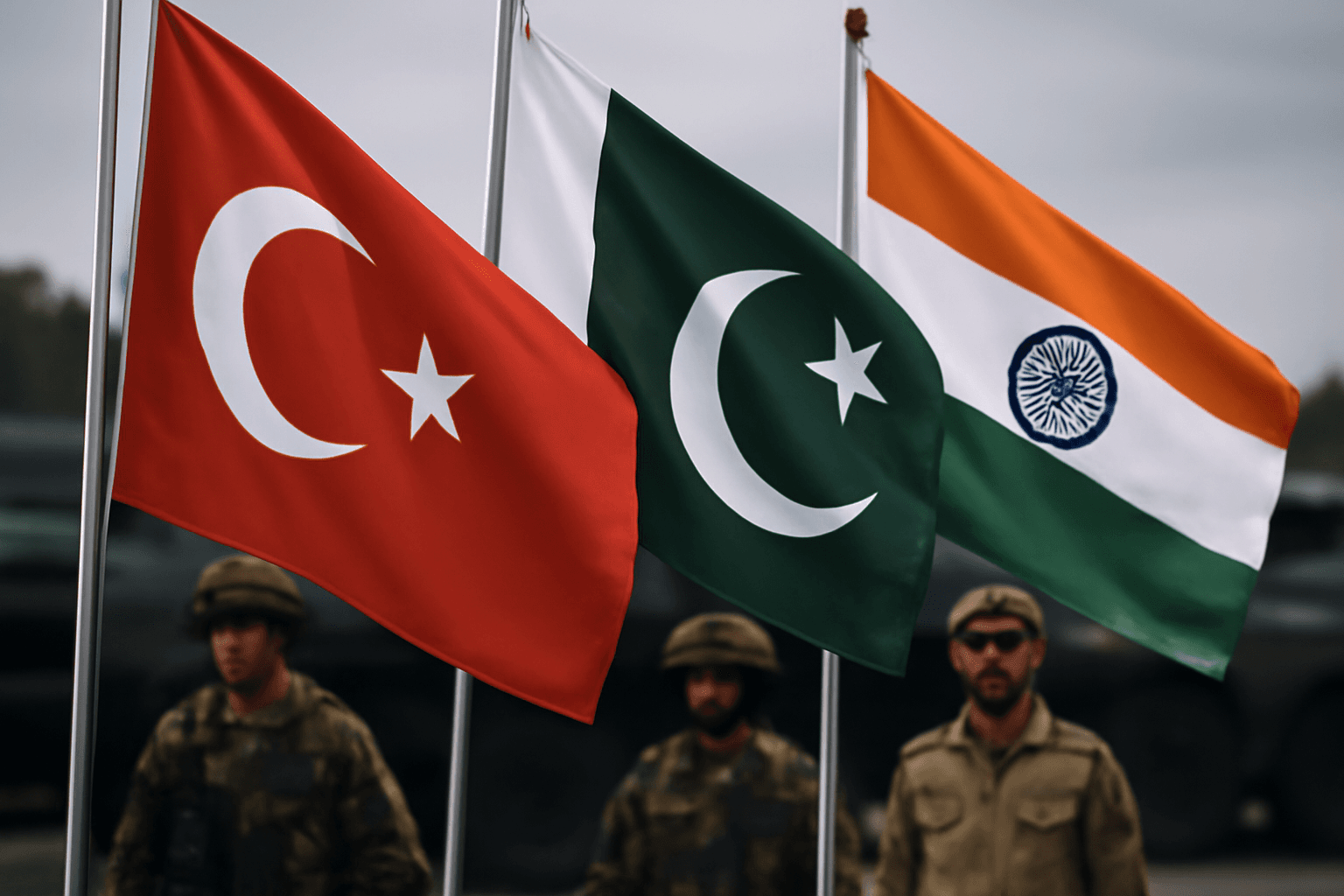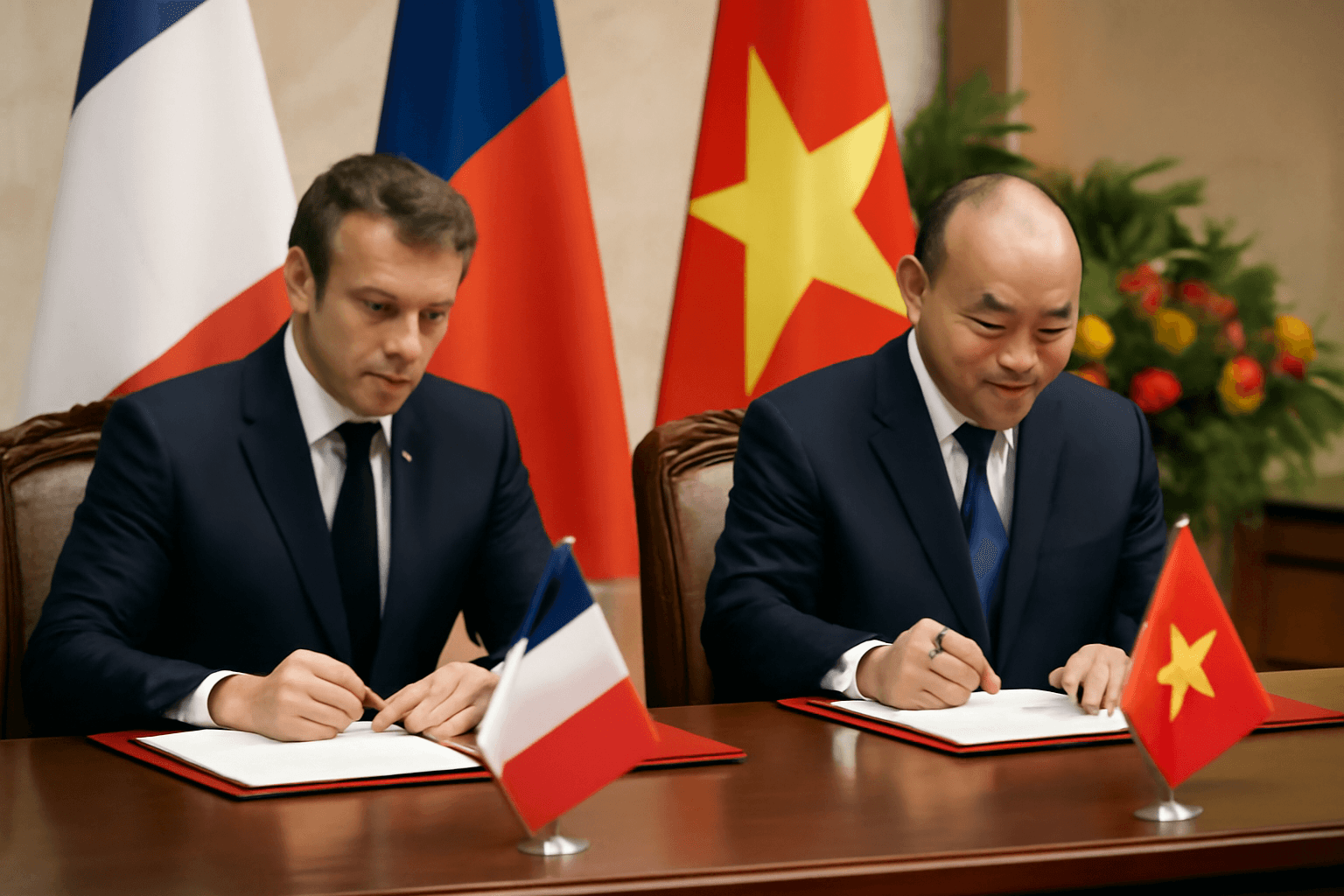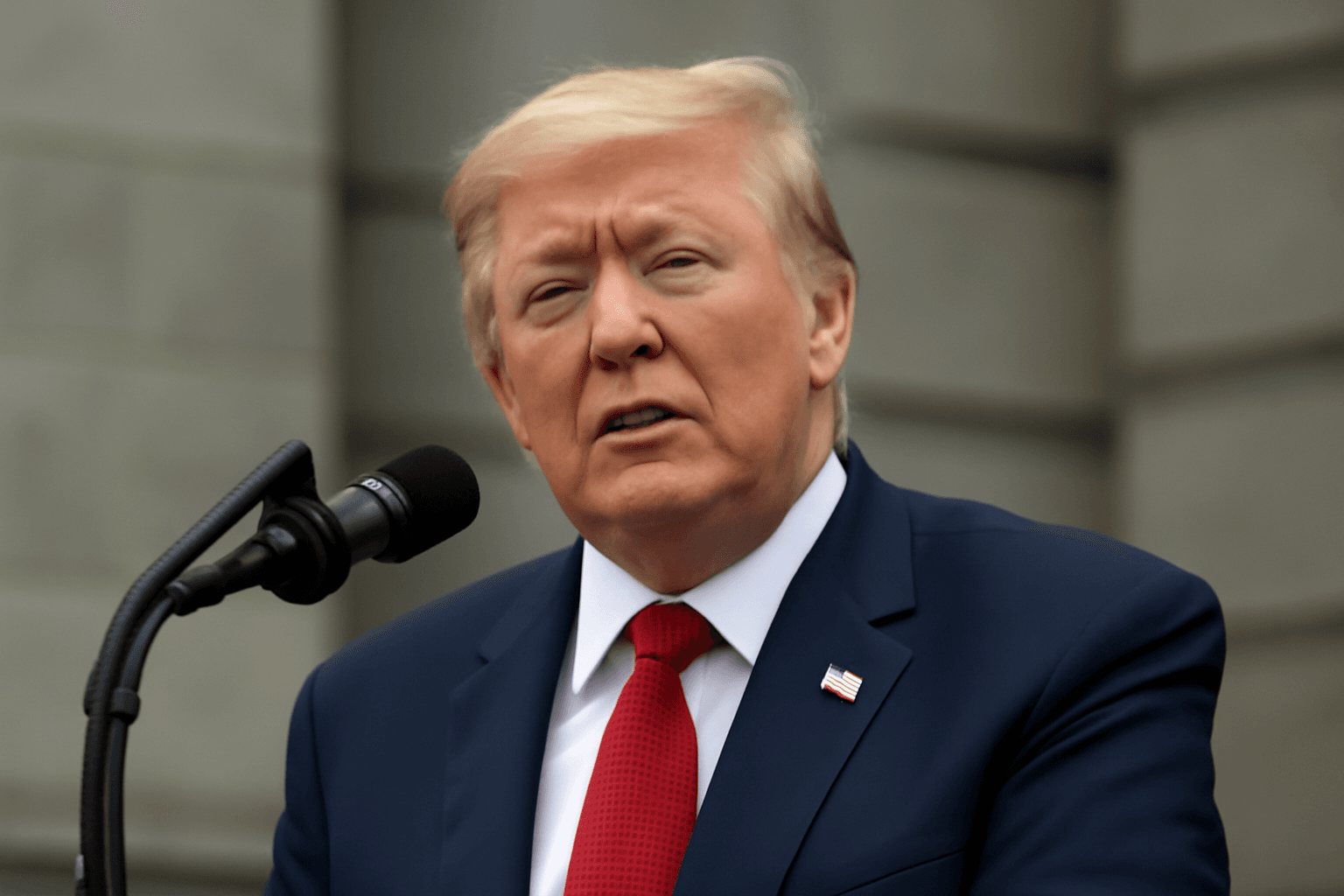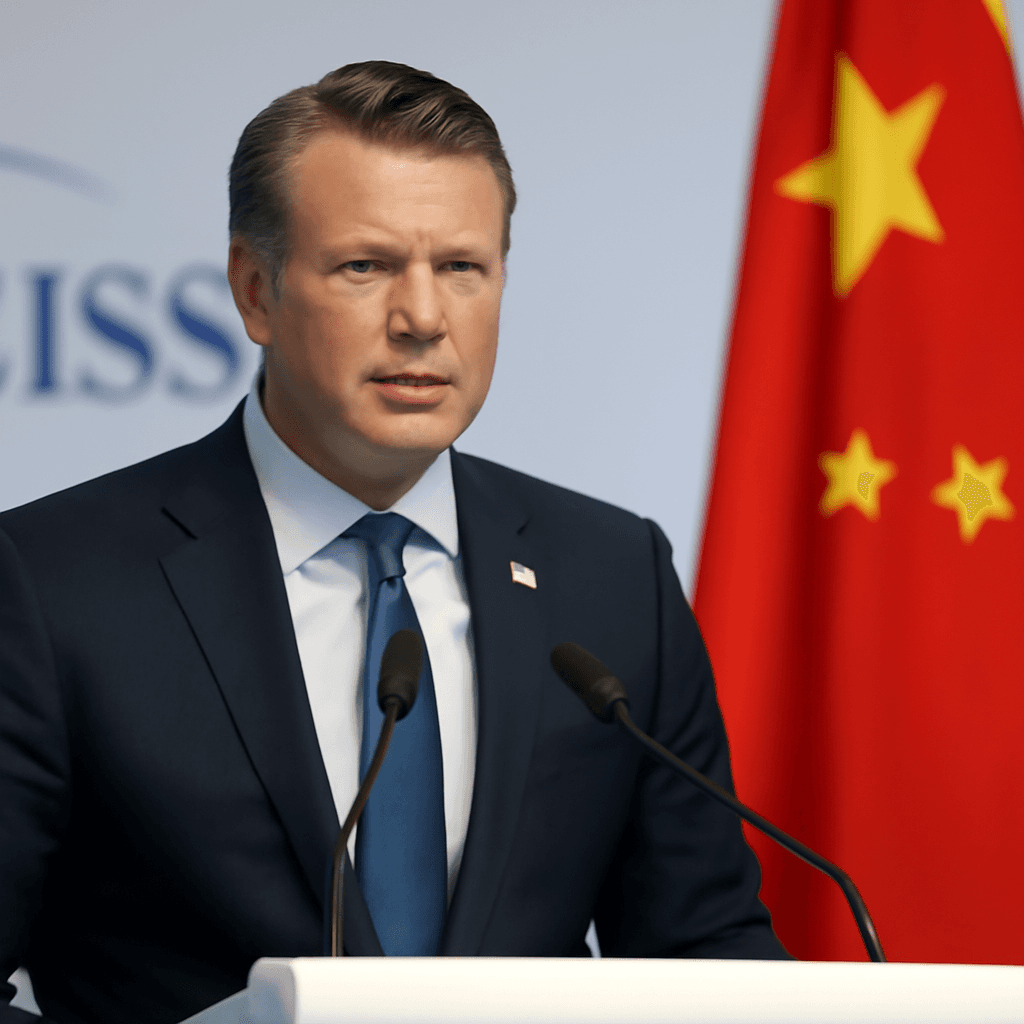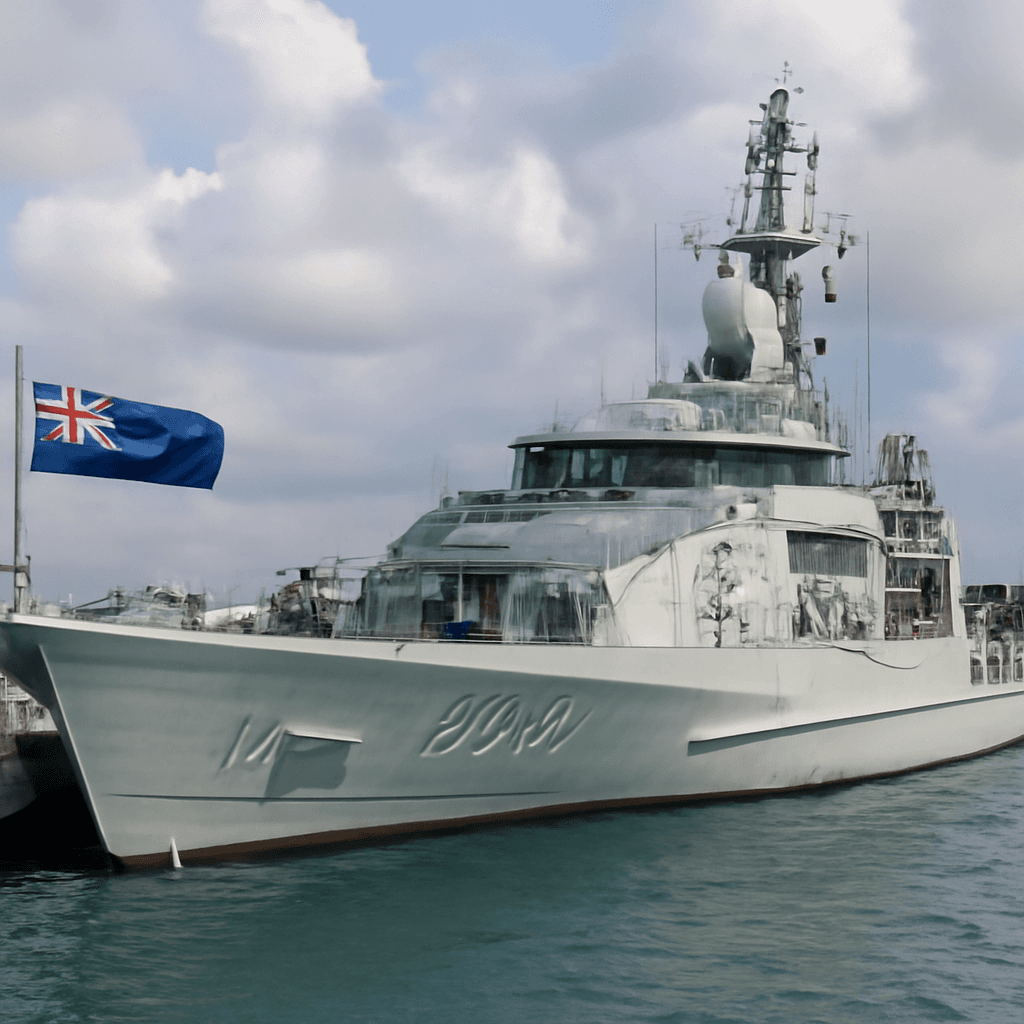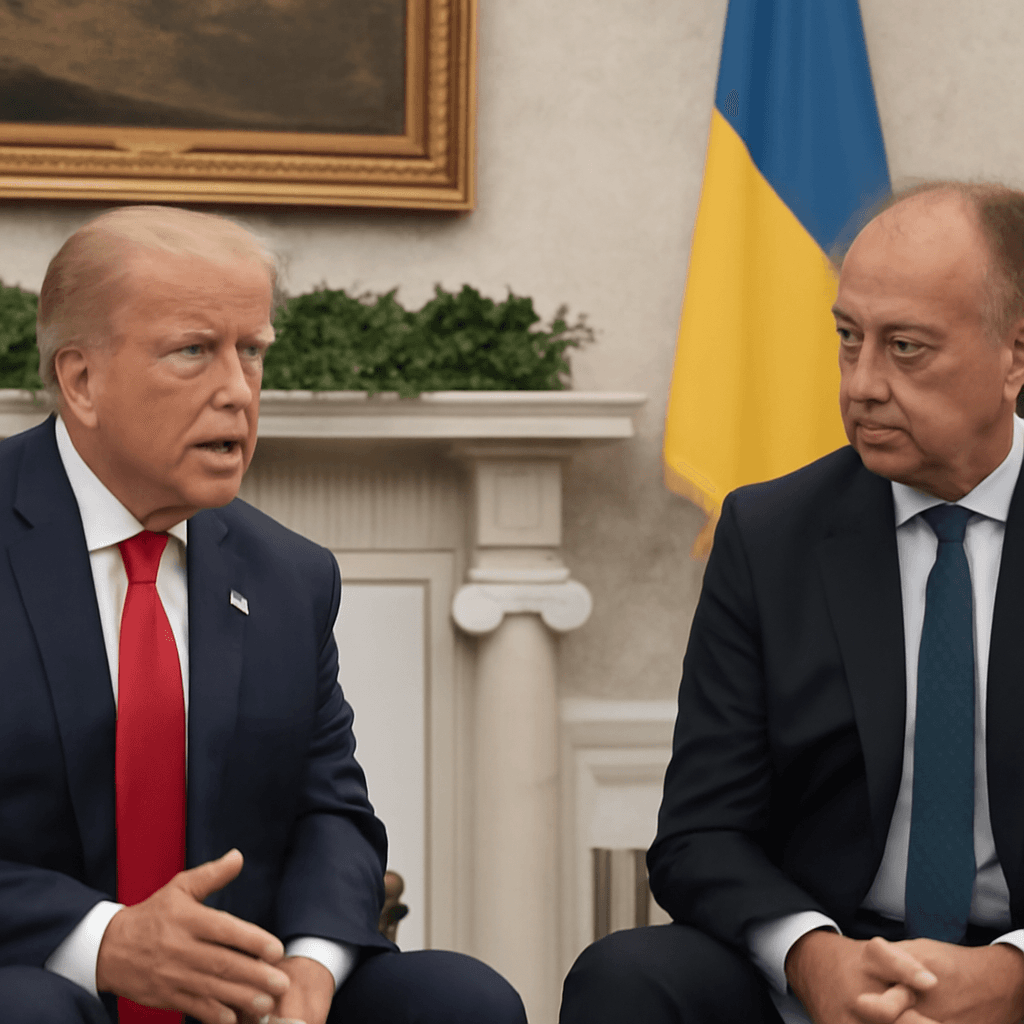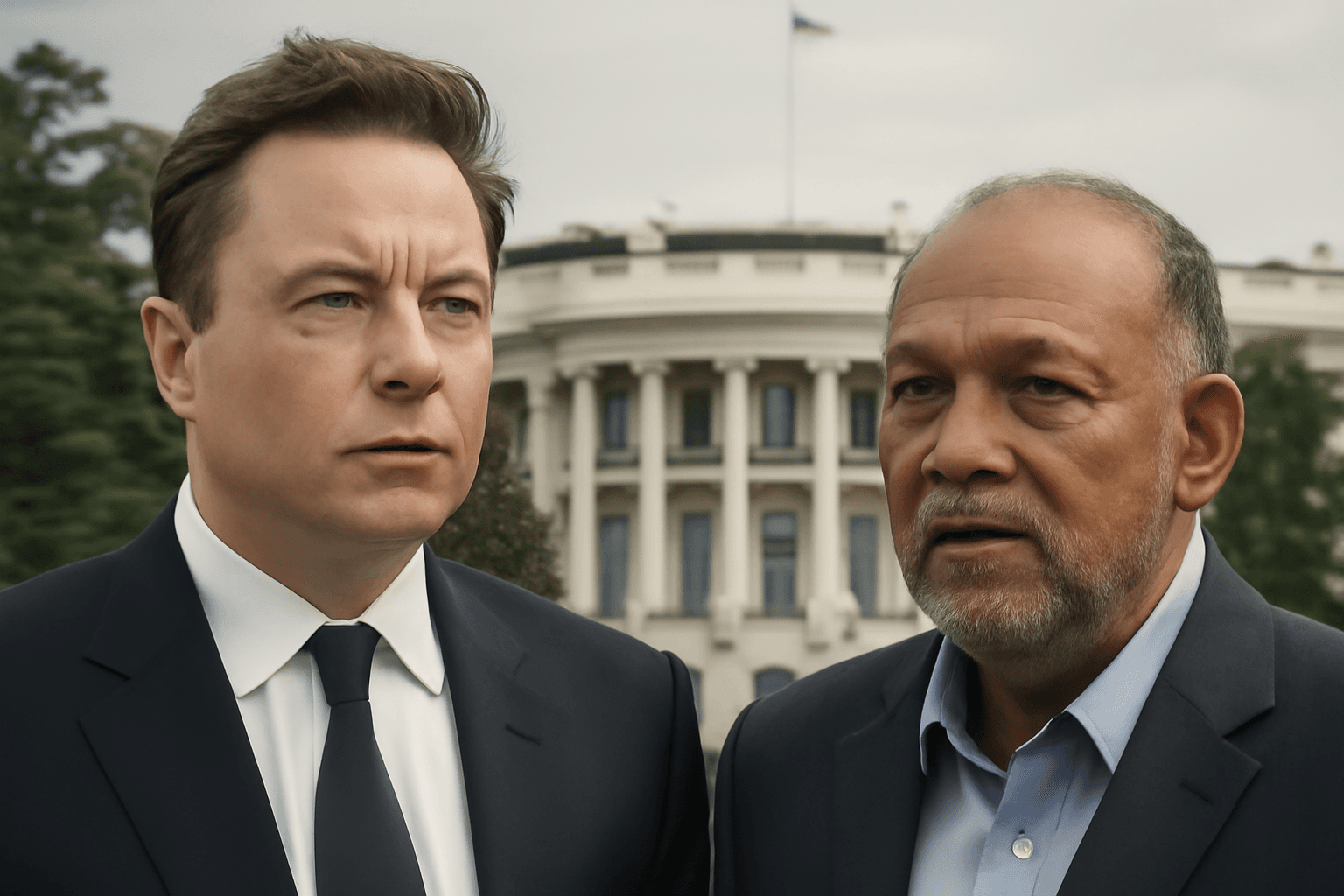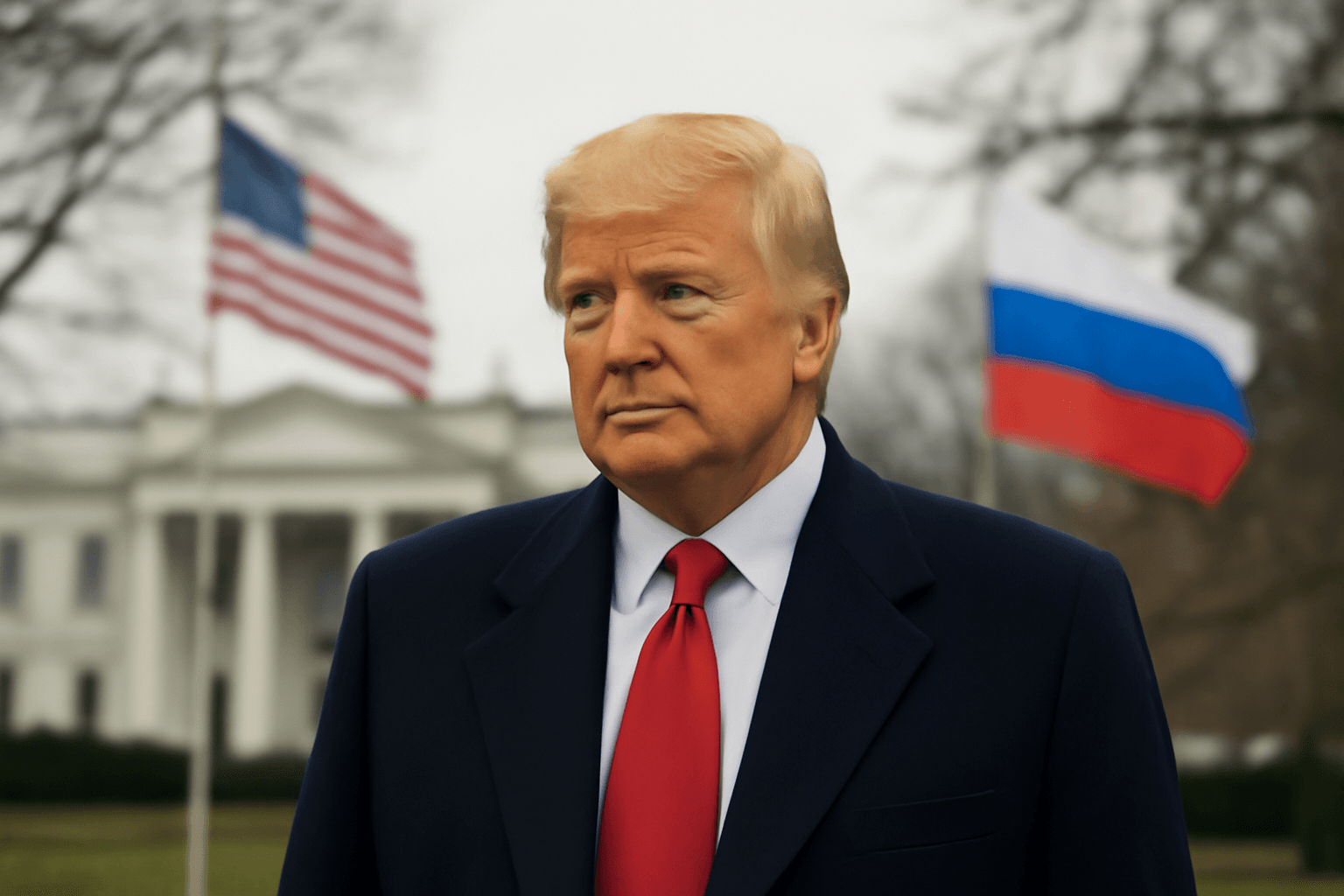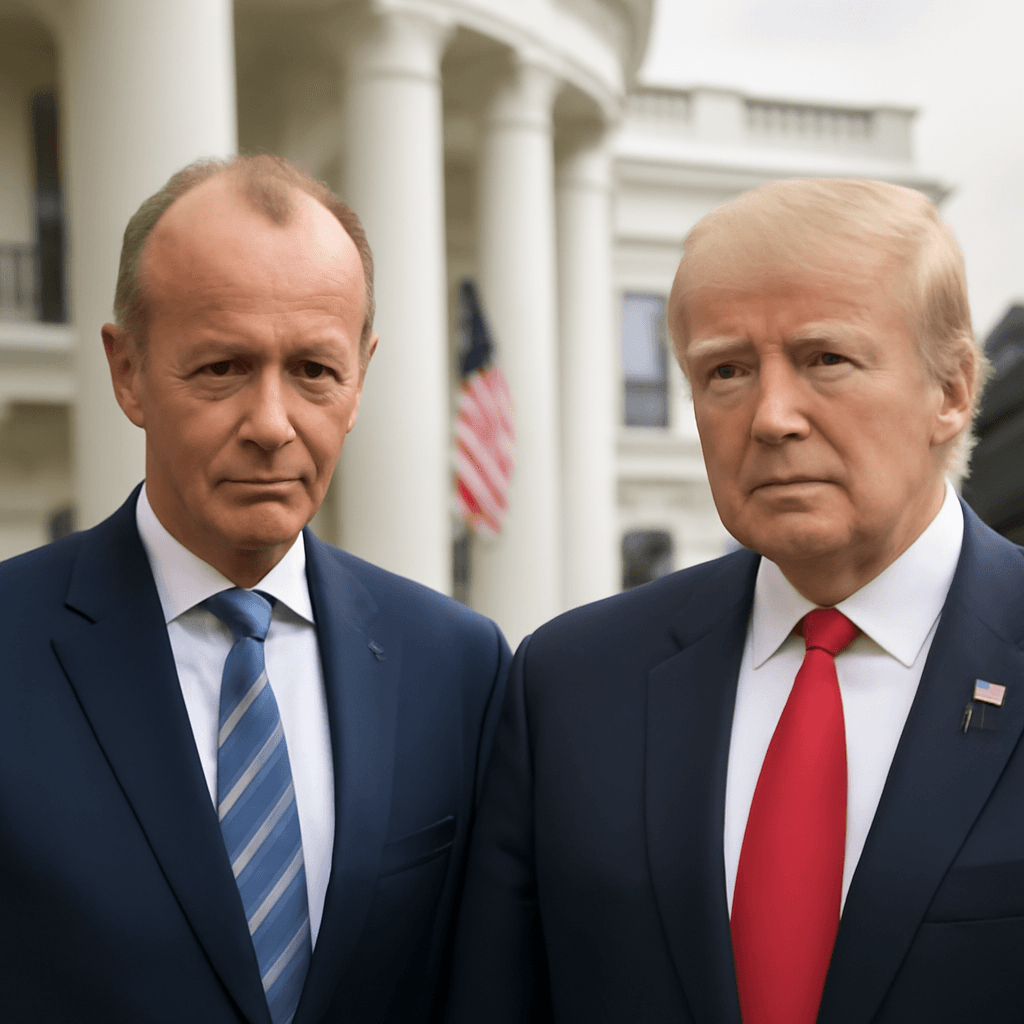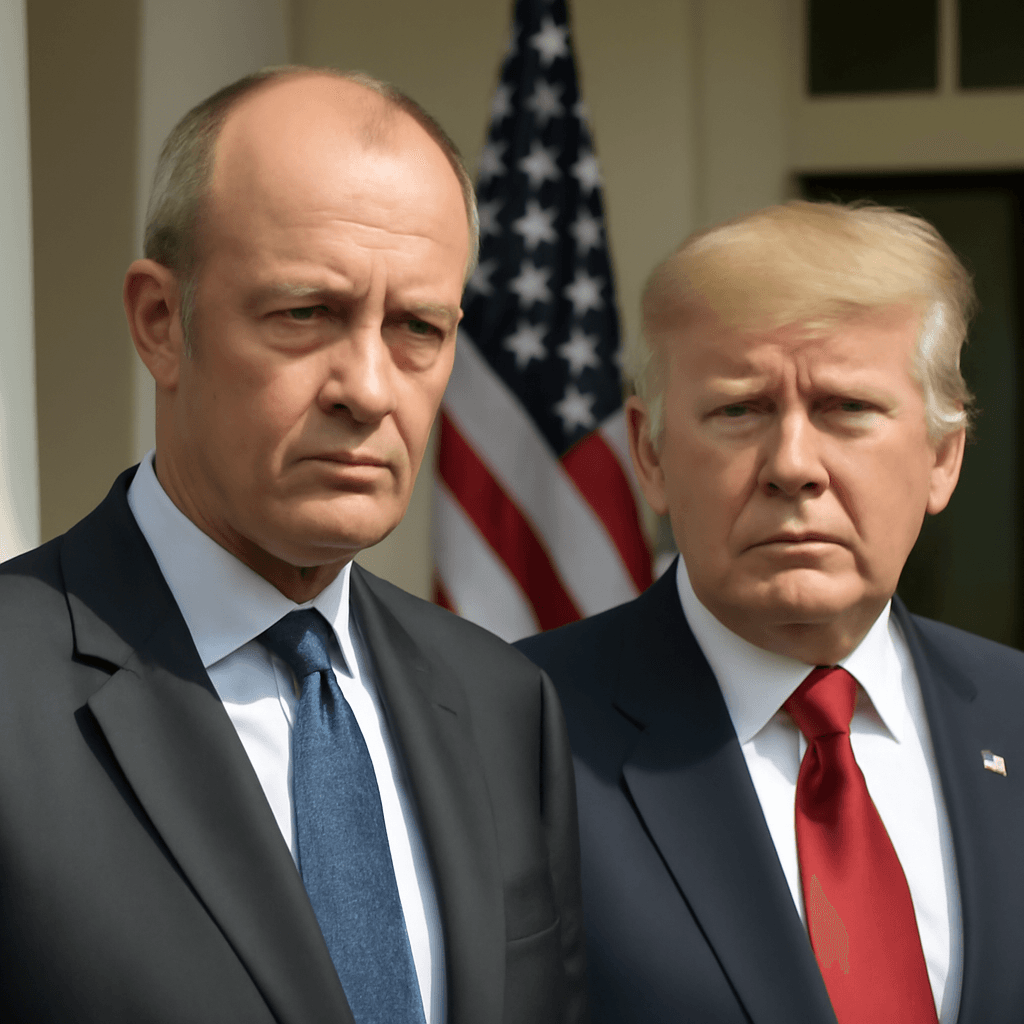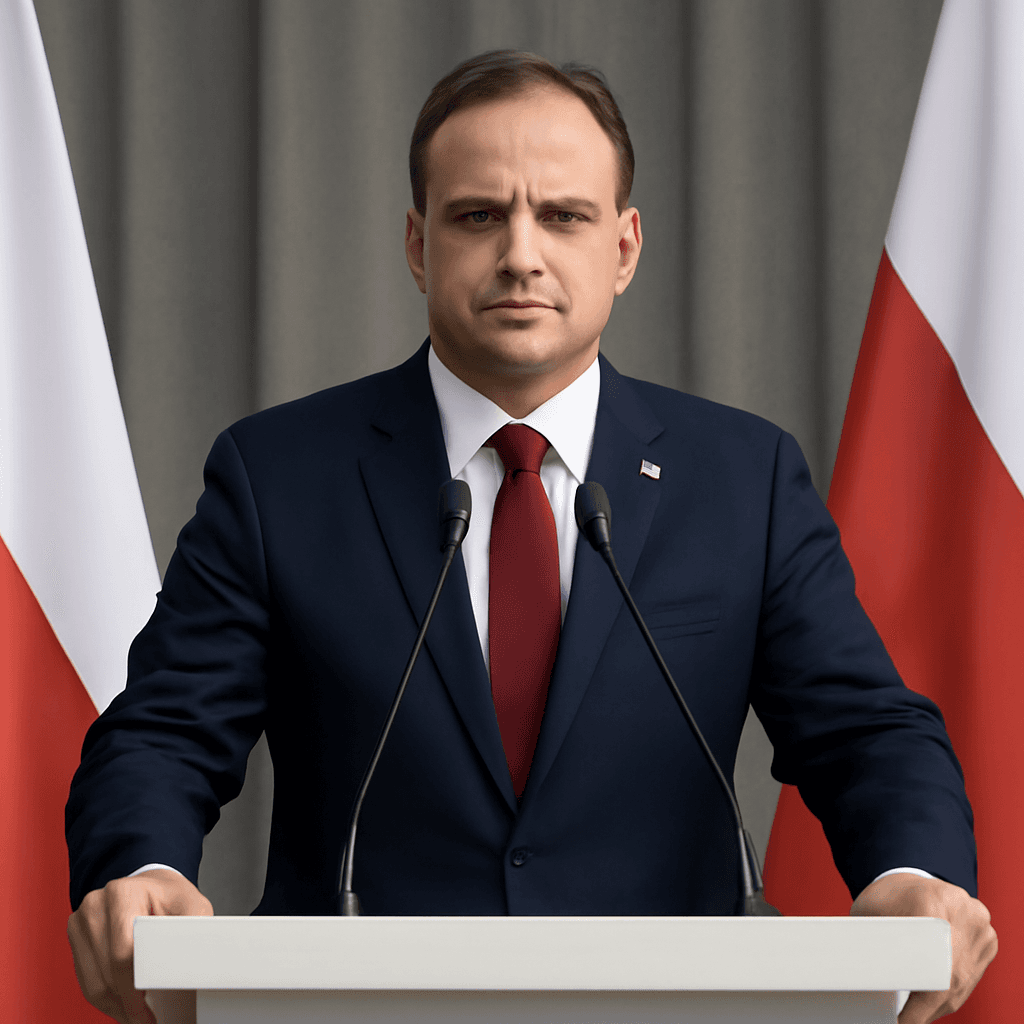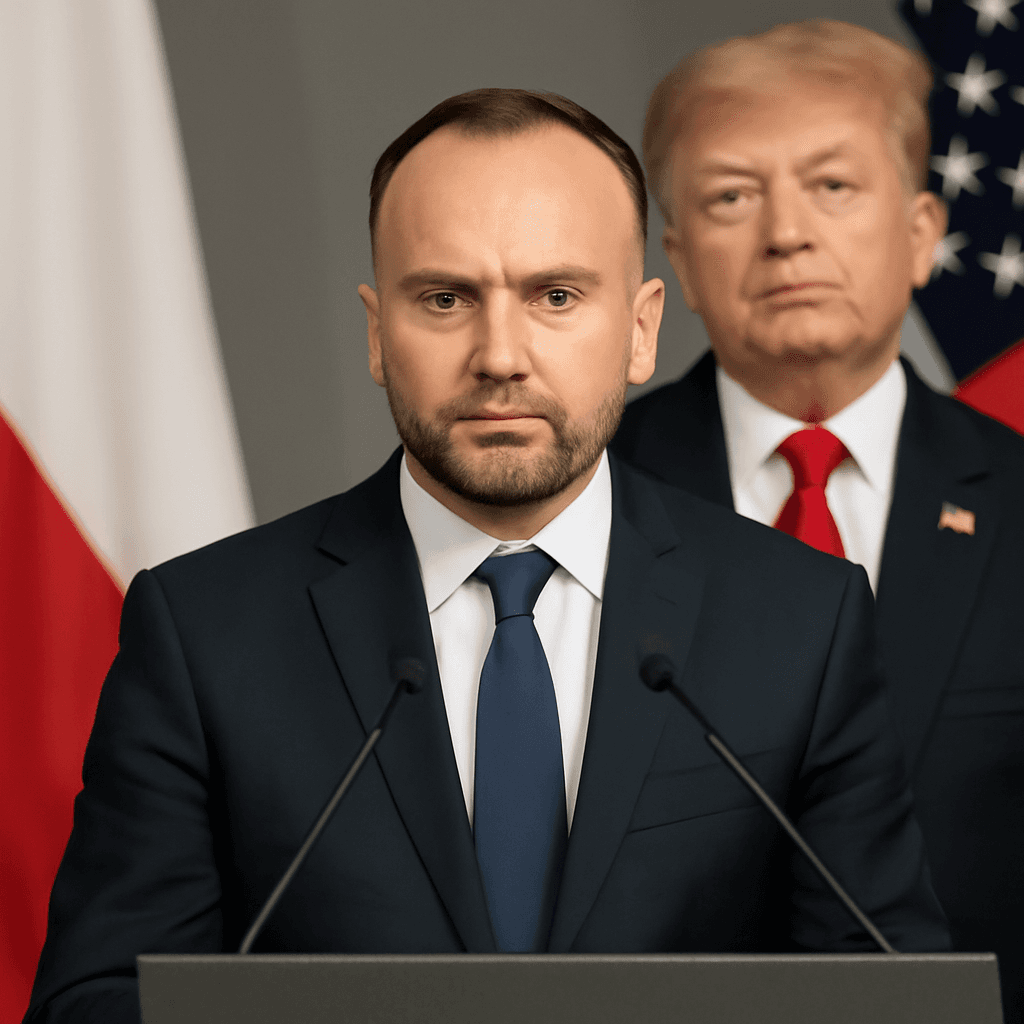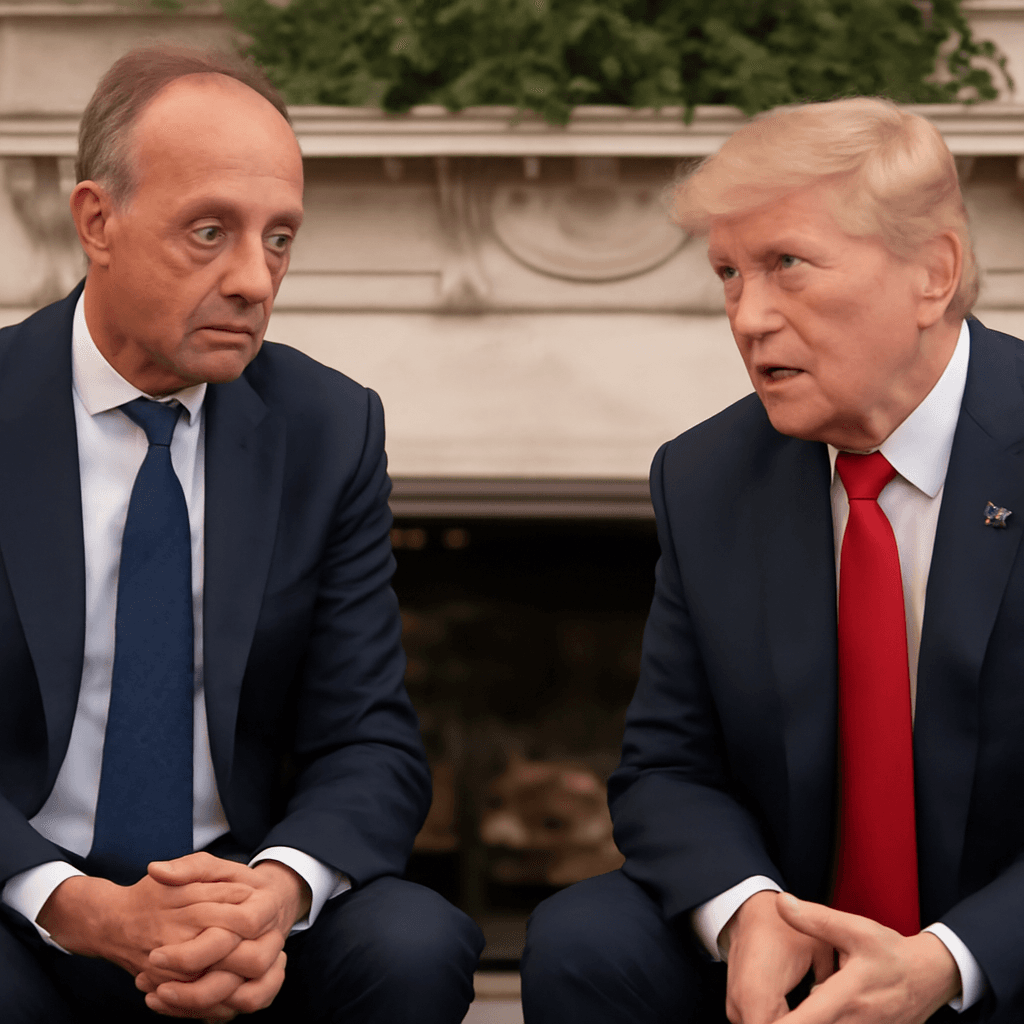German Chancellor Merkel to Engage in Crucial Talks with US President Trump
German Chancellor Friedrich Merz is scheduled to meet with U.S. President Donald Trump, addressing several pivotal issues amid a complex backdrop of trade tensions and geopolitical challenges.
Seeking to Rebuild German-American Relations
Recent relations between Germany and the United States have experienced significant strains, with disputes over trade policies and differing approaches to global security. Both governments have exchanged sharp rhetoric, highlighting a diplomatic impasse.
However, ongoing communication — including multiple phone conversations leading to leaders addressing each other by first names — sets a foundation for potential rapprochement. Chancellor Merz is expected to prioritize improving bilateral rapport during his visit to Washington, D.C.
Chancellor Merz’s Unique Position
- Conservative stances on immigration
- Established connections with U.S. businesses, given his background as a former BlackRock executive
- Reputation as a pragmatic outsider focused on economic and security revitalization
These attributes may facilitate constructive dialogue with President Trump.
Trade Relations at the Forefront
Germany, heavily reliant on exports, regards the United States as a critical trading partner. Recent U.S. tariffs on sectors like automobiles and steel have struck key industries in the German economy, raising concerns.
Chancellor Merz is expected to explore possibilities for tariff negotiations, advocating for measures such as mutual elimination of all industrial duties between the U.S. and the European Union.
Trump’s implementation of reciprocal tariffs against the EU also remains a significant point for discussion. Merz is likely to vocalize support for free trade and an ambitious EU-U.S. trade agreement aiming for zero tariffs on both sides.
Addressing the Russia-Ukraine Conflict
The ongoing war between Russia and Ukraine figures prominently on the agenda, particularly following President Trump’s recent meeting with Russian President Vladimir Putin.
European leaders have urged the U.S. administration to increase pressure on Moscow. Chancellor Merz is anticipated to express Germany’s robust backing for Ukraine and emphasize the necessity for European engagement in peace negotiations.
Additionally, the session may cover topics such as U.S. support for European military presence, sanction enforcement against Russia, and intelligence sharing to facilitate conflict resolution.
NATO Defense Spending and Security Commitments
The NATO alliance's funding remains a contentious subject. The U.S. administration has advocated for member countries to raise defense spending to 5% of their gross domestic product, a target that some members, including Germany, have contested.
Given Germany’s recent fiscal adjustments allowing increased defense expenditures and public support for NATO commitments, Chancellor Merz is expected to present a reaffirmed commitment to meeting higher defense spending benchmarks.
He may also announce specific targets aimed at enhancing Germany’s military capabilities and addressing long-standing criticisms of its defense contributions.
Key Takeaways
- Chancellor Merz prioritizes repairing U.S.-Germany diplomatic relations amid strained ties.
- Trade negotiations focus on reducing tariffs impacting key German industries.
- Strong German support for Ukraine and European involvement in peace efforts anticipated.
- Defense spending commitments under NATO will be discussed, with potential new targets from Germany.


